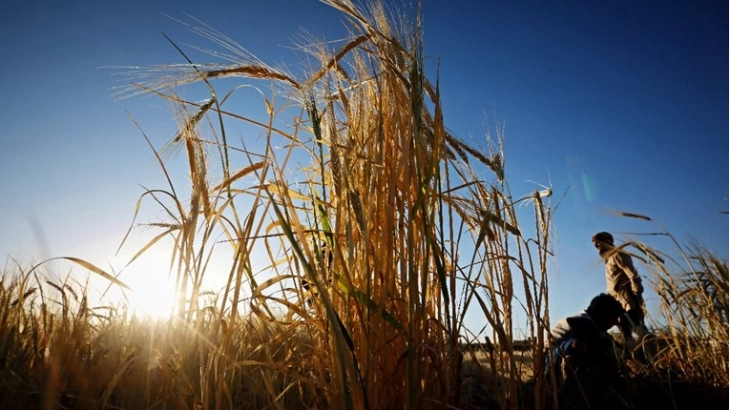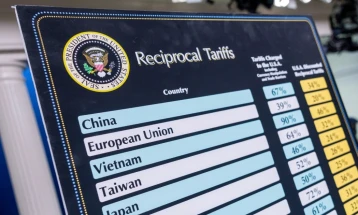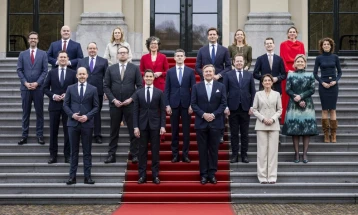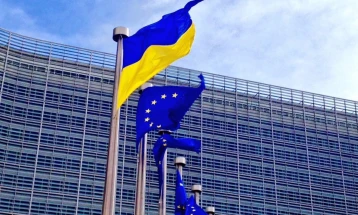Russia rejects EU concession on threatened Ukraine grain deal
- Russia no longer sees any basis for continuing the agreement to allow the shipping of Ukrainian grain across the Black Sea, even after a concession was made by the European Union.
- Post By Silvana Kocovska
- 21:50, 4 July, 2023

Moscow, 4 July 2023 (dpa/MIA) - Russia no longer sees any basis for continuing the agreement to allow the shipping of Ukrainian grain across the Black Sea, even after a concession was made by the European Union.
The EU's proposal to set up a subsidiary of the state-owned Russian Agricultural Bank to handle financial transactions is a "deliberately unworkable plan," Russian Foreign Ministry spokeswoman Maria Zakharova said in Moscow on Tuesday.
The establishment of such a bank and its connection to the international banking communications network Swift would take months, she said.
The grain agreement, which is also important for the fight against hunger in many parts of the world, expires on July 17.
Russia has demanded the lifting of sanctions from its agricultural bank to extend the deal. However, this would require the consent of the EU states, which is not considered tenable, so the foundation of a subsidiary was considered a way out of this impasse.
In the wake of the Western sanctions due to its war against Ukraine, Russia is complaining about massive restrictions on its own exports of grain and fertilizers to world markets.
For months, the Russian leadership has been asking the United Nations to do more to remove the obstacles to its exports. Russian banks find it difficult to conduct financial transactions because of the separation from the Swift network. Insuring ships and cargoes is also considered difficult.
"Under these conditions, it is obvious that there is no basis for continuing the Black Sea Initiative, which expires on July 17," Zakharova said.
Russia would work to implement the agreement until then, in particular, to ensure that all cargo ships leave the Black Sea by then. After that, the ships would no longer have any protection, as they did after the full-scale Russian invasion of Ukraine began more than 16 months ago.
Russia blocked the neighbouring country's grain exports for months after the invasion of Ukraine on February 24 last year. Then, in the summer of 2022, an agreement was reached between the two warring parties, mediated by the UN and Turkey, as a result of which Ukrainian grain started to be shipped again.
Most recently, it was extended for another two months in mid-May - combined with Moscow's demand that its own exports now also be facilitated.
Photo: EPA







